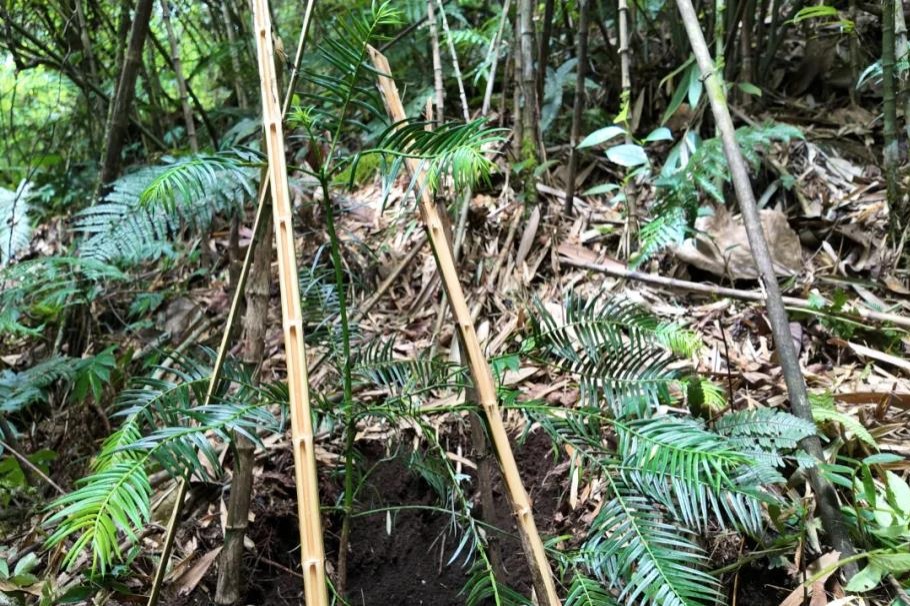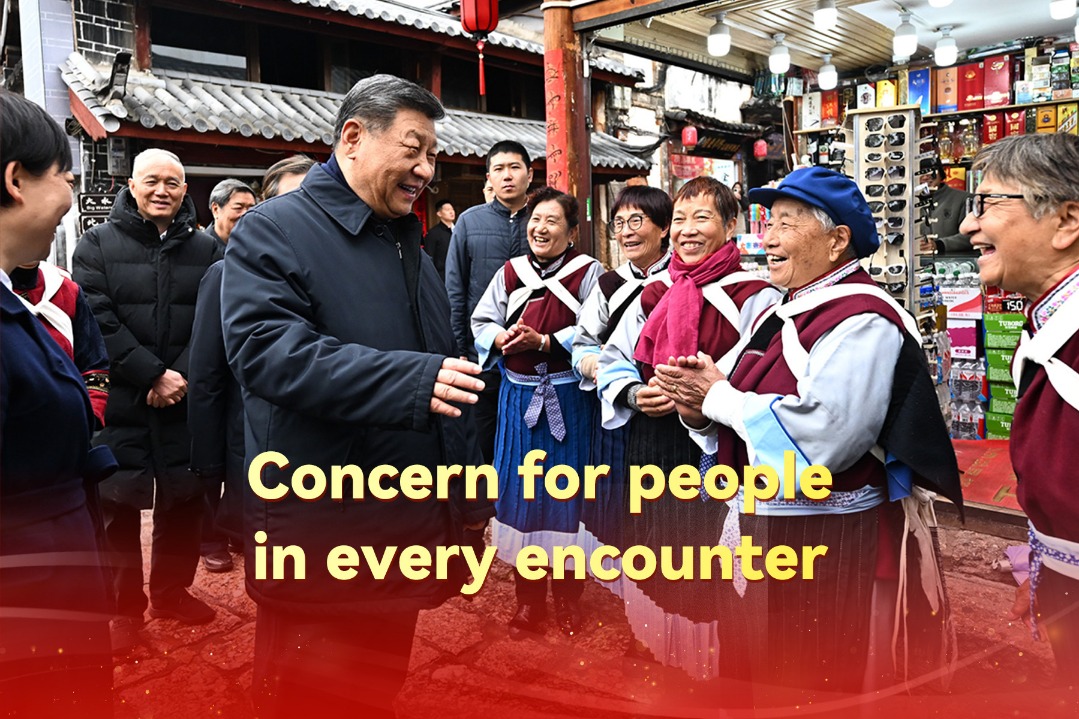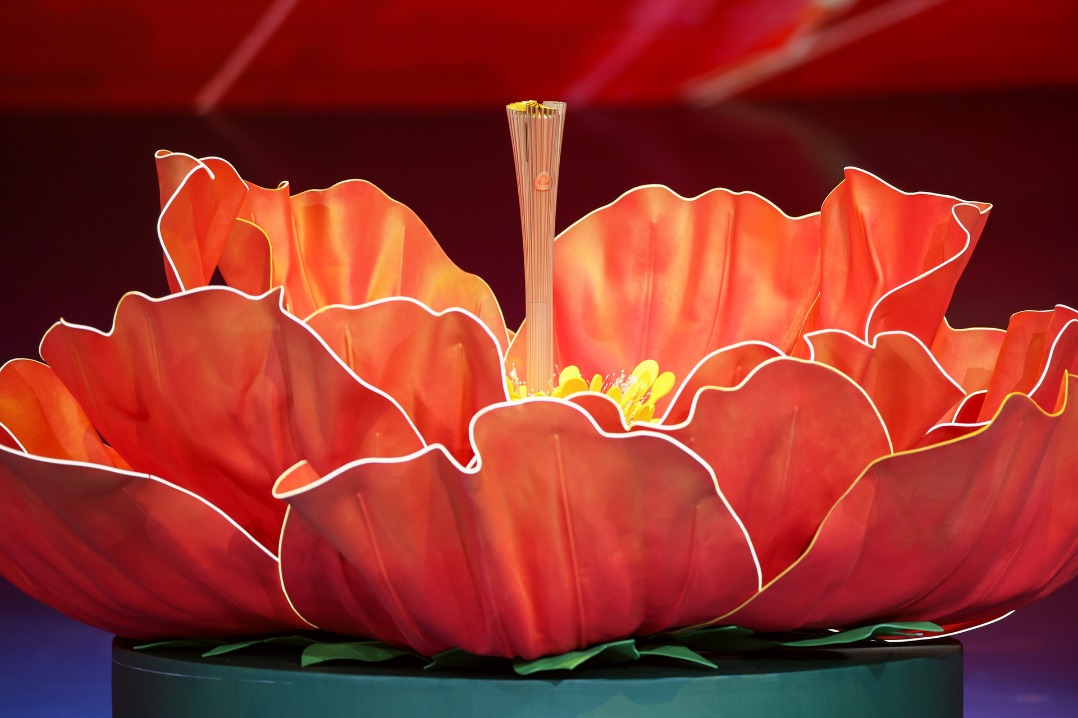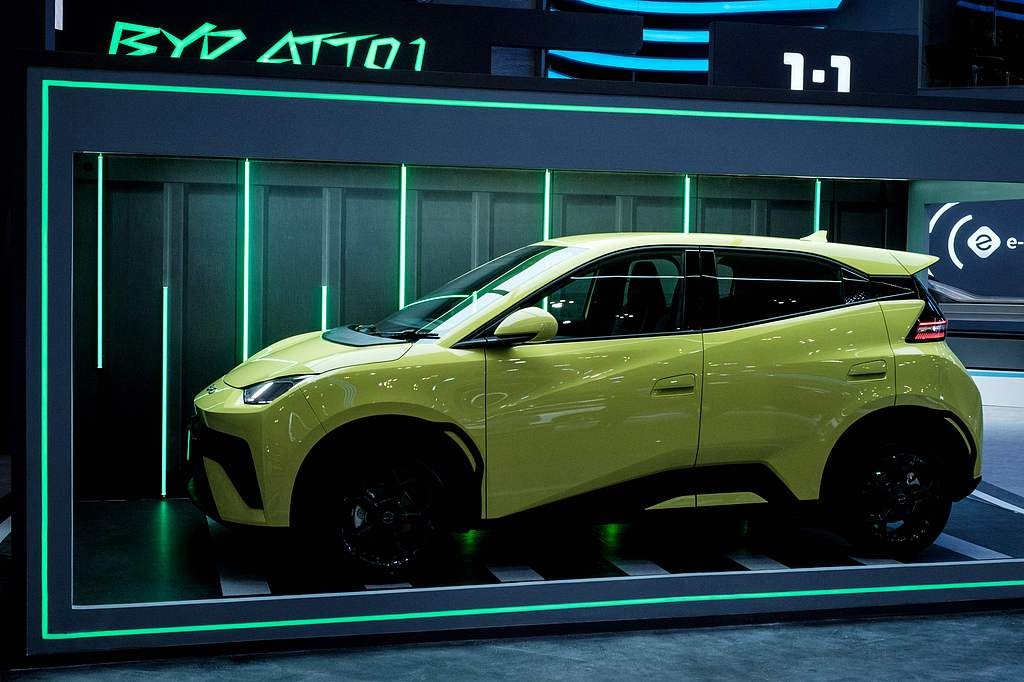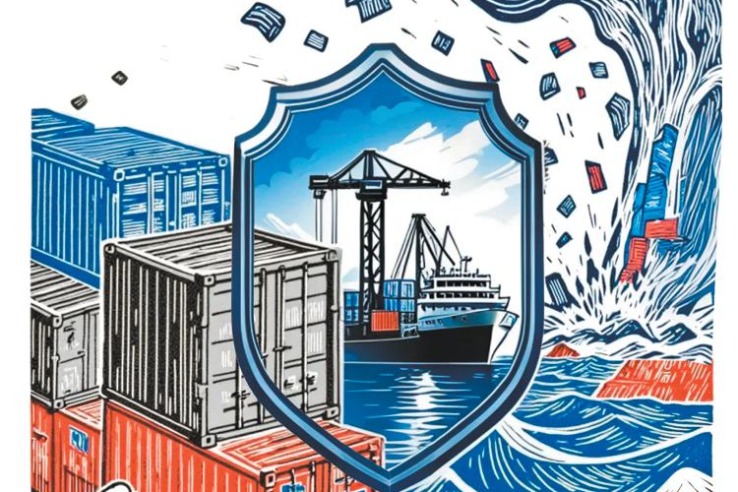US putting its old-generation chips on Chinese table in a bid to stop Ascend: China Daily editorial

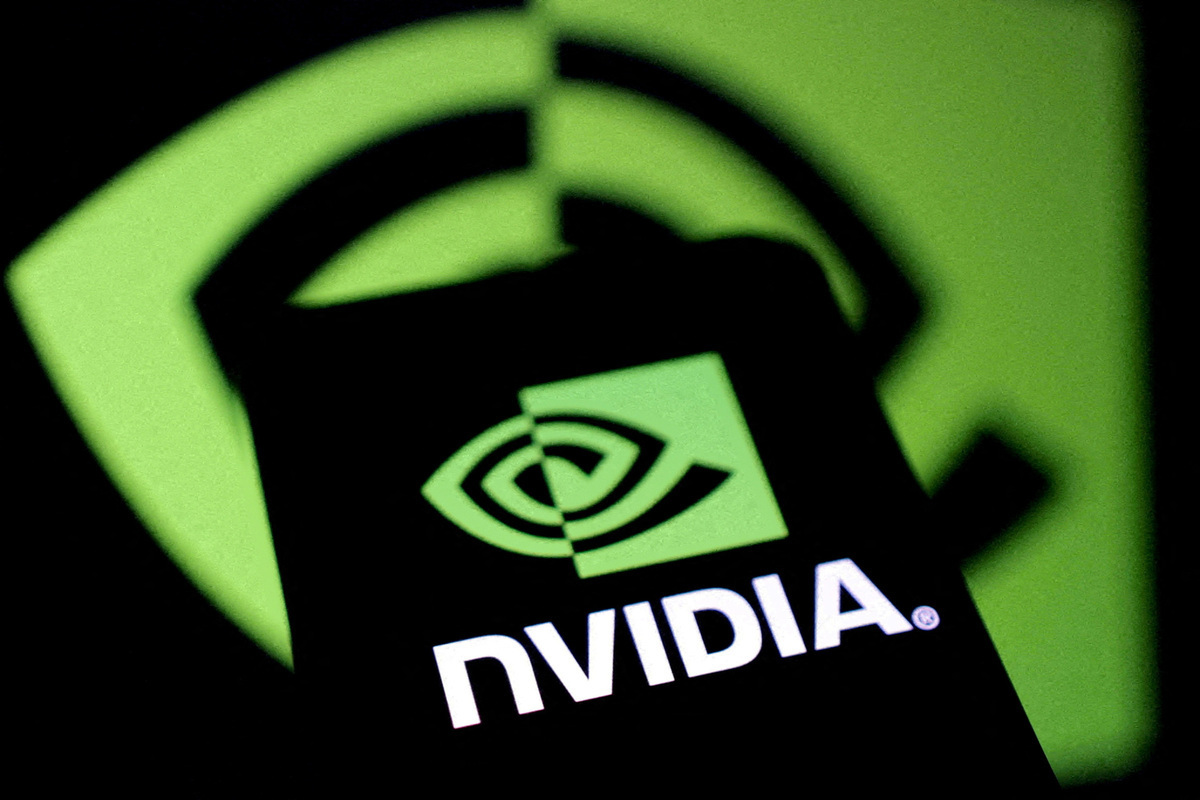
China's cyberspace regulator's summoning of Nvidia executives has indicated the Chinese side's being sober-minded over what's behind the US side's recent approval of the tech giant exporting its H20 chips to China.
Nvidia was demanded to give explanations and submit relevant materials proving that the H20 artificial intelligence semiconductors do not pose a data security threat to Chinese users, according to a statement the Cyberspace Administration of China issued on Thursday.
US officials had previously insisted the H20 chip sales curbs weren't up for negotiation. Shortly before they walked that back, some US lawmakers called for advanced chips for export to be equipped with "tracking and positioning" functions.
The CAC said it was concerned by the proposal of the US lawmakers, adding in a statement that some US AI experts have disclosed that the "tracking and positioning" and "remote shutdown" technologies of Nvidia chips have matured.
The H20 AI chip is a product "customized", if not castrated, for the Chinese market to comply with the United States' restrictive policies on exports of AI chips, which are aimed at maintaining the US' dominance in the high-tech sector.
For instance, the US has strictly cut China off from Nvidia's most advanced AI products including its flagship B200 chip. The company's H100 chip, which is more advanced than the H20, was banned from sale in China in 2022 before it was even launched. "We don't sell them our best stuff, not our second best stuff, not even our third best. The fourth one down, we want to keep China using it. We want to keep having the Chinese use the American technology stack, because they still rely upon it," US Commerce Secretary Howard Lutnick told the media.
It is China's breakthroughs in producing its own AI chips that has prompted the US to lift its curbs on the exports of H20 chips just three months after they were banned. Something confirmed by US Treasury Secretary Scott Bessent's recent remarks.
China and some others already have "an equivalent chip. So, you know, if there is an equivalent chip, then the Nvidia H20 could be sold", Bessent said. "Because I can tell you the one thing that we do not want is a digital Belt and Road springing up around the world because other countries or China are substituting for our American chip manufacturers."
The US treasury chief specifically referred to Huawei's Ascend AI chip, which the US banned globally in May, baselessly claiming that it contains US know-how. The Ascend chip, a graphics processing unit, represents an architectural evolution, as experts have noted, and it achieves performance comparable to Nvidia chips by combining two processors into a single package through advanced integration techniques. That gives it incremental improvements, including enhanced support for diverse AI workload data.
So while trying to prevent other economies accessing Huawei's chip, the US even cannot stand seeing Chinese companies using the chips made in their own country.
White House AI adviser David Sacks revealed that the administration's reversal on its H20 export curbs was intended to position Nvidia to compete more effectively in the Chinese market and thereby blunt efforts by Huawei to gain a bigger slice of the Chinese market.
The policy change enables the US to "deprive Huawei of having this giant market share in China that they can then use to scale up and compete globally", Sacks told the media. "The policy is nuanced and it makes a lot of sense."
Nvidia looks set to become a direct beneficiary of the green light the US administration gave to shipments of H20 chips to China, as it can not only prevent its early input in designing and manufacturing the chips from being wasted but also compete in one of the fastest growing AI markets in the world.
The company said the revised sales forecast for the H20 promises to restore billions of dollars in revenue for it this year. The company just placed an order with contract manufacturer TSMC for 300,000 H20 chipsets due to strong demand, Reuters reported.
But the US side seems unrealistically confident in betting the Chinese regulators cannot see through the containment nature its "nuanced" but "makes-a-lot-of-sense" policy reversal. It should not be forgotten that even before the "backdoor" questioning, Nvidia is facing an antitrust investigation in China, with the State Administration for Market Regulation announcing late last year that it was investigating the chipmaker over suspected violations of the country's Anti-Monopoly Law.
The Chinese authorities' looking into the H20 matter is fully justified and aimed at safeguarding cyberspace and data security for Chinese users. Nvidia needs to prove both its chips and intentions are clean.
















